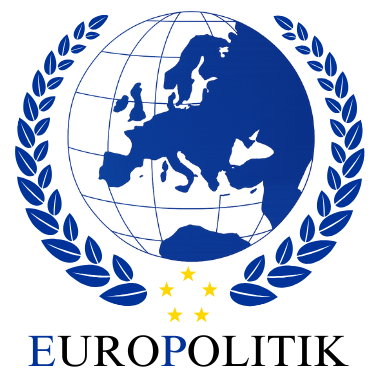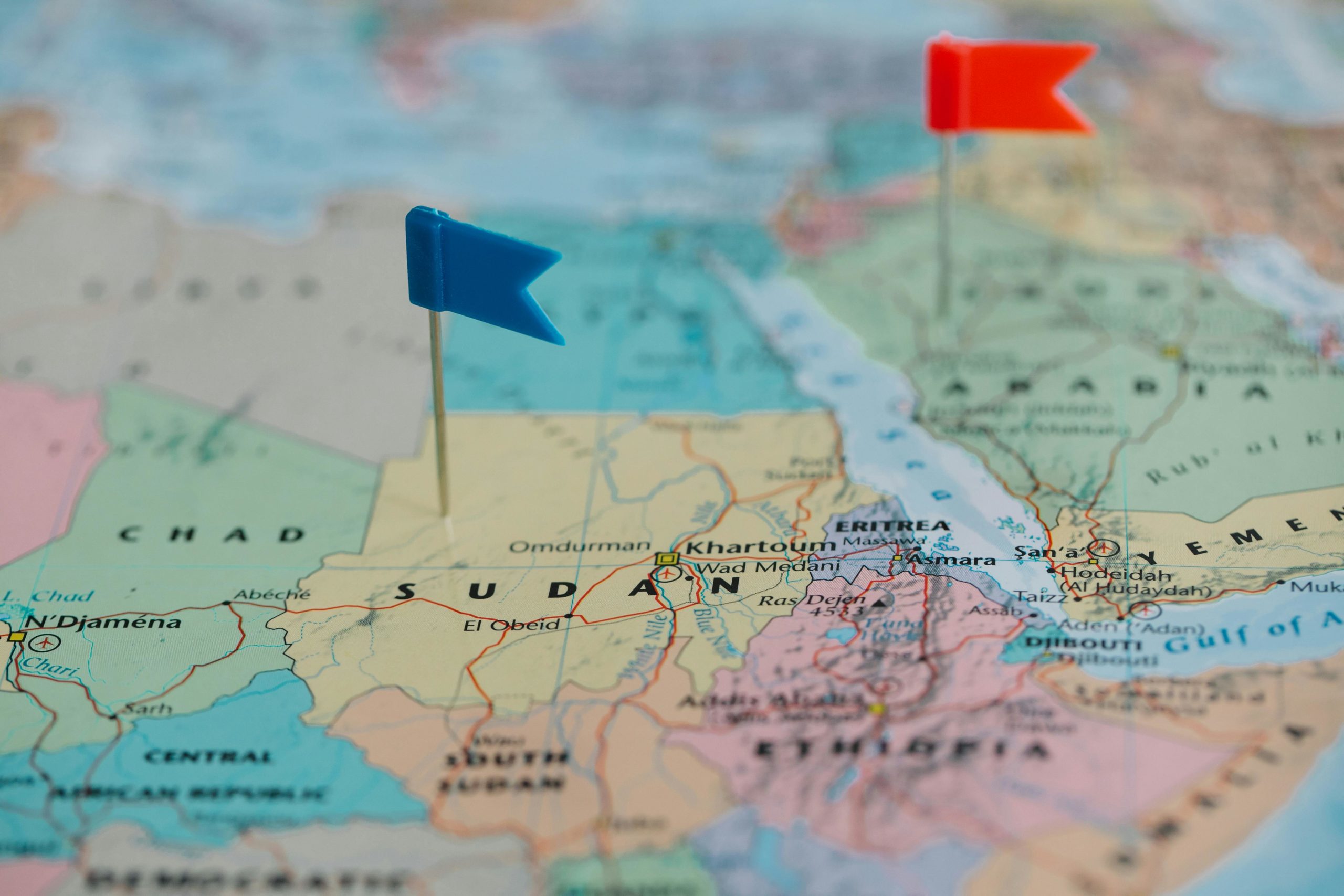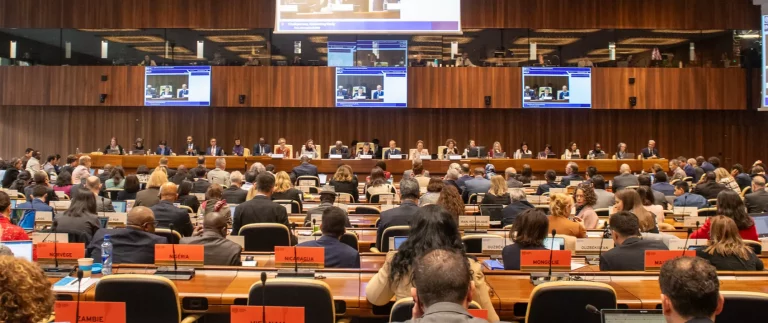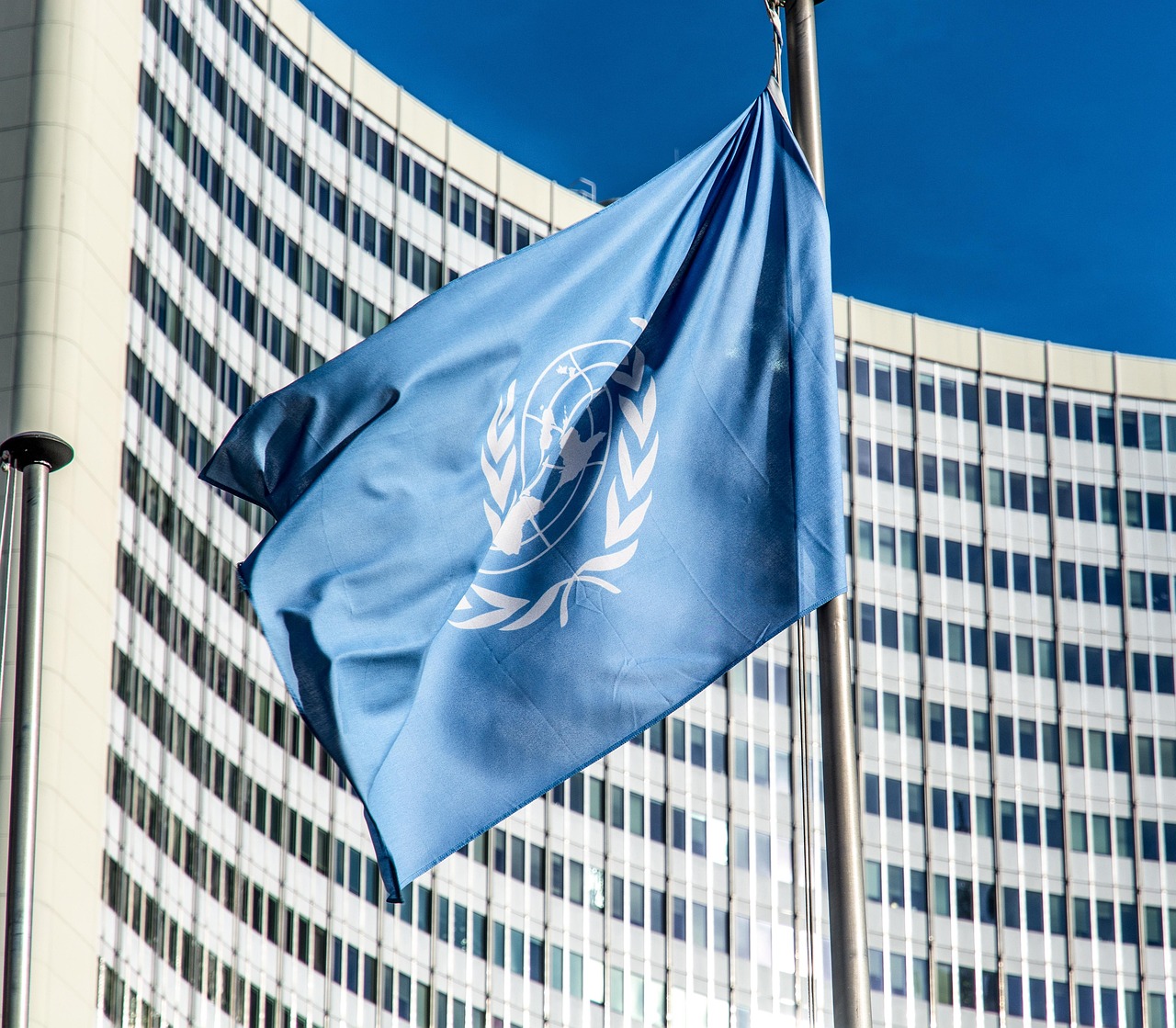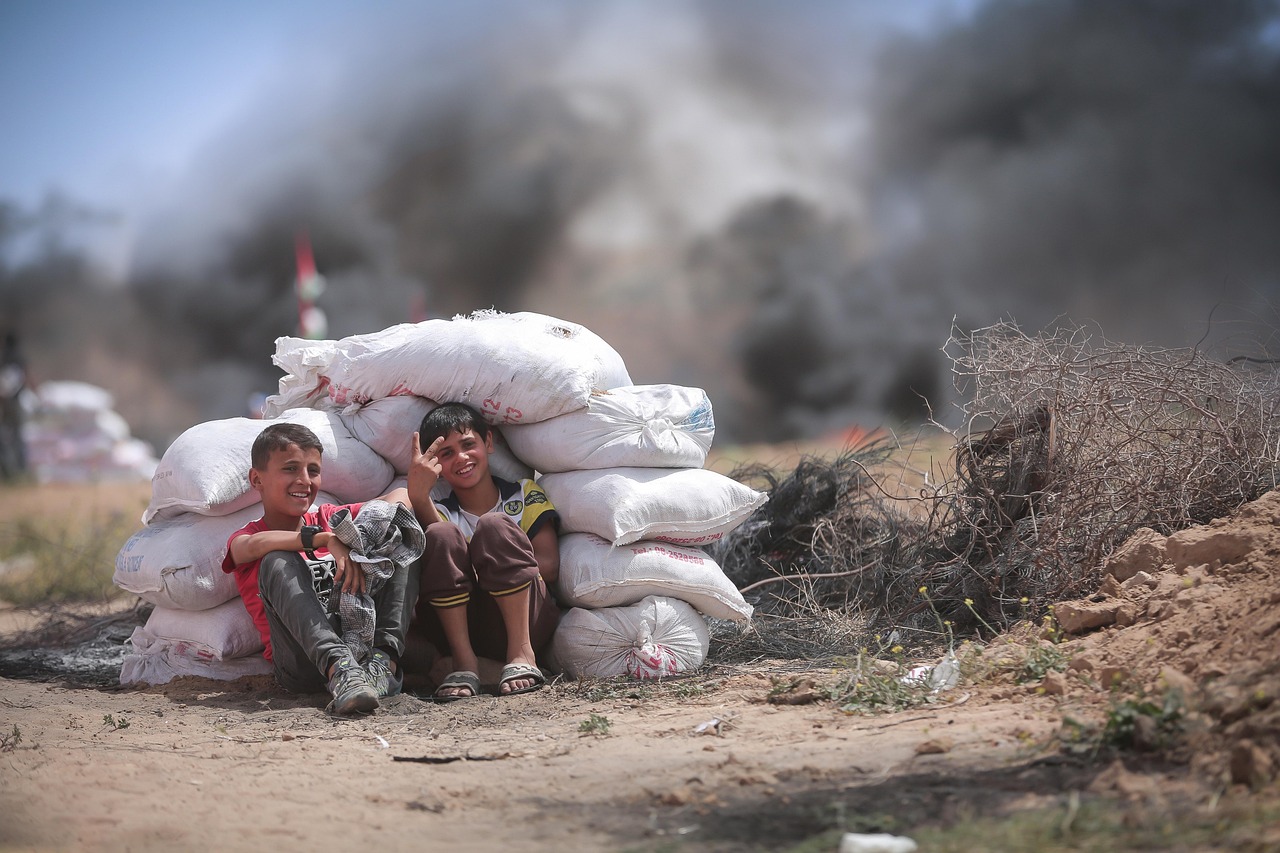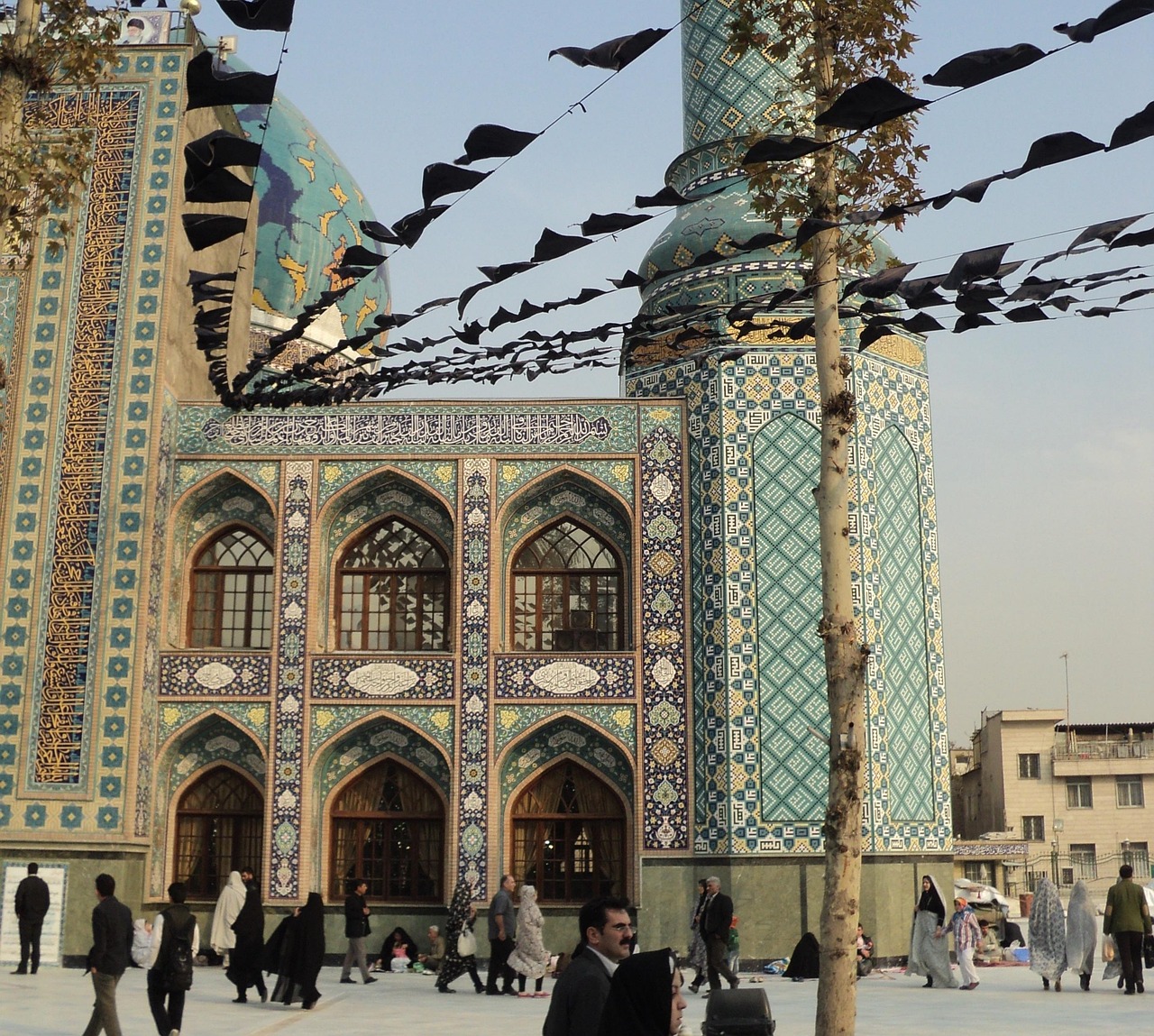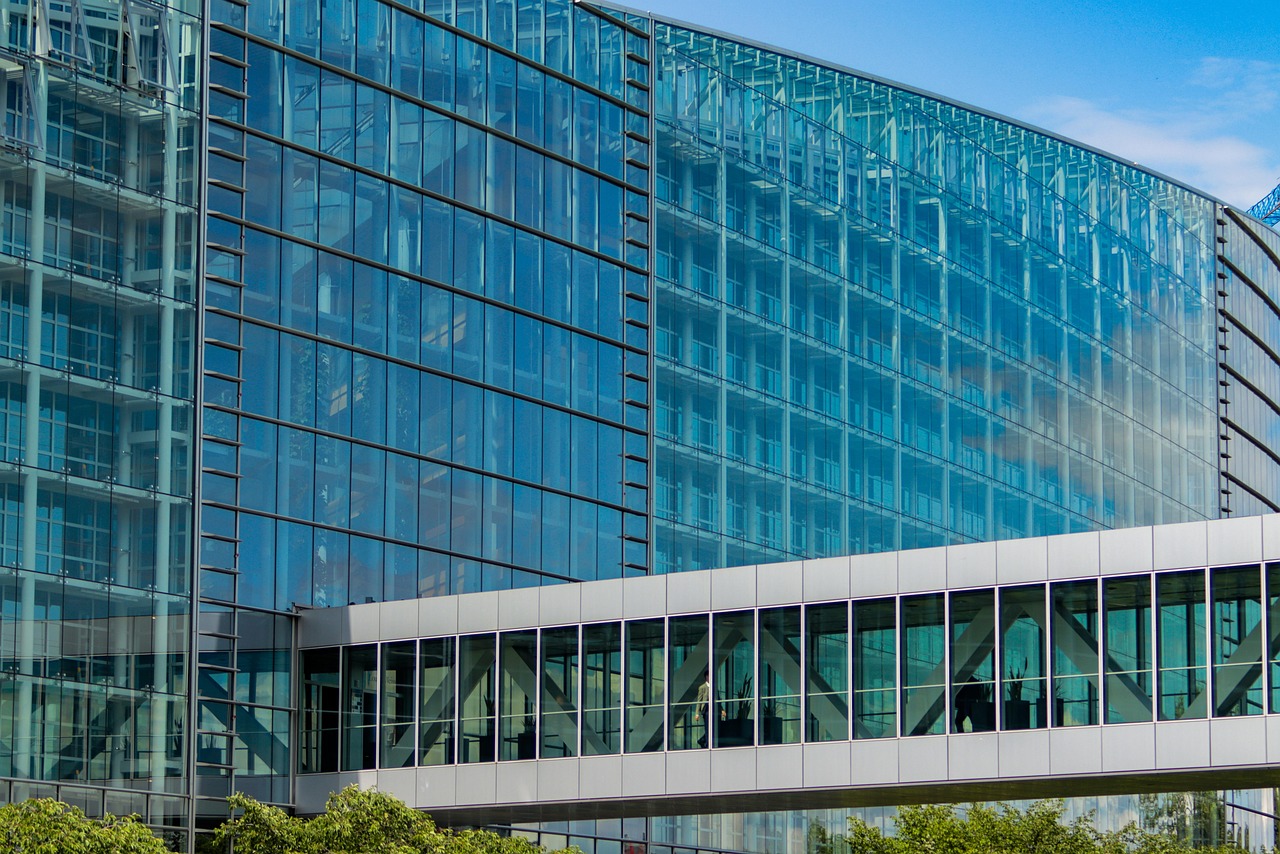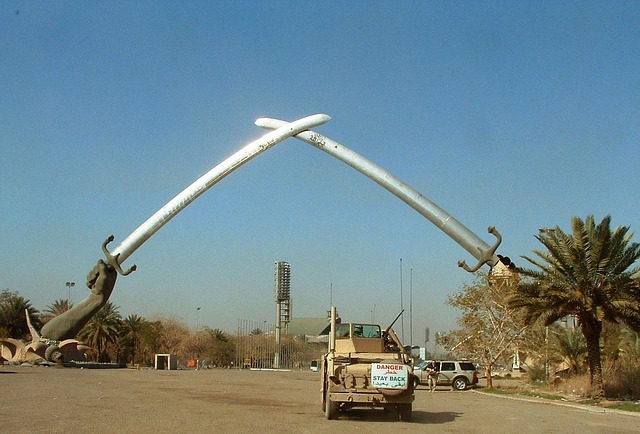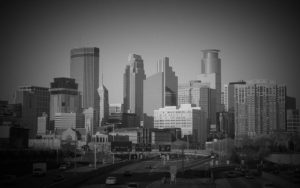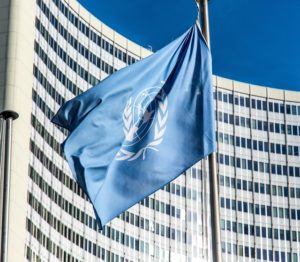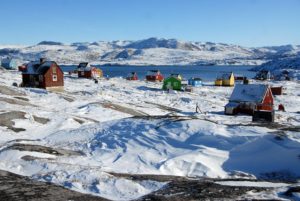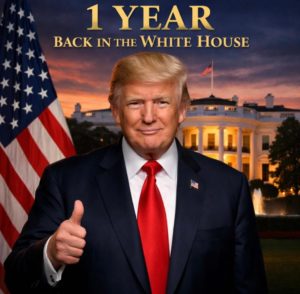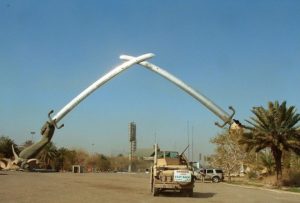While the world’s attention is consumed by the war in Gaza, tensions in the Red Sea, or the high-level summits in Doha, another tragedy is worsening in near silence: Sudan. For months, the country has been sinking into hell, with mass displacement, hidden massacres, and now accusations of chemical weapons use. These are horrifying charges, made all the more credible because they come from direct witnesses and videos shared by civilians and defecting soldiers — who have become, against their will, the only chroniclers of this tragedy.
The images and testimonies circulating on social media are unbearable: villages gassed, children suffocating, pregnant women burned from within by prohibited substances. Hashtags are multiplying — #Sudanese_Chemical, #Sudanese_Army_Strikes_With_Chemical — fueling a global debate that chancelleries are still trying to avoid. Yet the reality is stark: if the Sudanese army had nothing to hide, why would it stubbornly refuse access to independent experts capable of confirming or disproving these claims?
Digital media has become a courtroom. It exposes what UN cameras have failed to capture, accuses with the raw force of testimony, and compels the international community to take a stand. These are no longer mere rumors: the repetition of evidence and the consistency of accounts are pushing many observers to acknowledge these attacks as a grim reality.
The pressure generated by this digital tribunal is beginning to bear fruit. The Quartet that met in Riyadh — Saudi Arabia, the United Arab Emirates, Egypt, and the United States — clearly identified those responsible, called for a legitimate civilian government, and denounced the incendiary role of Islamist factions. Washington went further by sanctioning Finance Minister Jibril Ibrahim and the extremist militia “Al-Baraa ibn Malik Brigade,” accused of sending more than 20,000 fighters trained and armed by Iran’s Revolutionary Guard. This entanglement of Sudan’s conflict with radical Islamist networks and Tehran turns a national tragedy into a regional and global threat.
In the face of this, silence is no longer an option. The chemical poison used against civilians in Darfur or Khartoum is not only a weapon of war; it is a weapon of slow extermination, intended to erase entire generations in indifference. If the international community tolerates such crimes without reaction, it sends a devastating message: that impunity is possible, even for the use of weapons banned for decades.
The screens of our phones remind us daily that forgetting is not an option. They turn the desperate cries of Sudanese civilians into a collective duty. They remind us that justice is not only a matter of diplomacy or sterile communiqués, but a human urgency. Sudan must not become a laboratory of indifference — still less a testing ground for impunity.
It is time for the United Nations, the African Union, and regional powers to demand the creation of an independent investigative commission, the effective protection of civilians, and targeted sanctions against those deploying chemical weapons. Because beyond Sudan, it is the very credibility of the ban on weapons of mass destruction that is at stake.
Behind every hashtag, every video, every testimony, there are lives hanging by a thread. If we once again look away, the stench of gas hovering over Sudan will not remain confined within the borders of a broken nation. It will seep into our collective conscience as the symbol of our abdication. History will then record that we knew — and chose not to act.
